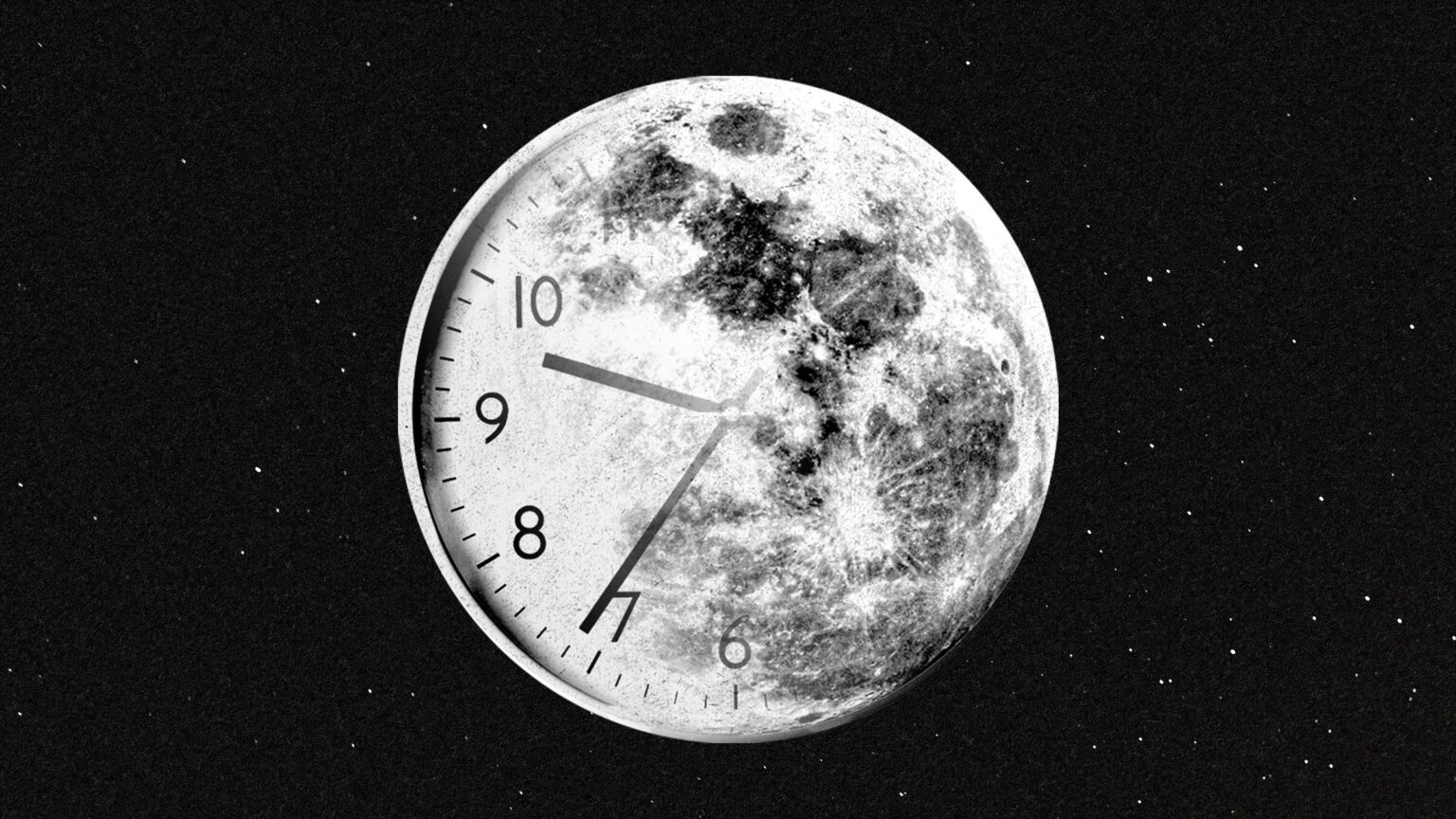European and American engineers are discussing the creation of an autonomous time measurement and navigation service on the Moon. It will be necessary for future missions, which after the deployment of the Artemis program will be even more than now.

Time on the Moon
There are more and more space missions exploring the Moon. In this regard, engineers have thought about how to coordinate the countdown on our moon so that they do not have disagreements when interacting.
The beginning of this process was laid by the ESTEC conference, which was held in the Netherlands in November last year. Then the engineers agreed to create the Luna Net system, which would cover monthly time reference and navigation systems.
To make successful maneuvers, lunar missions need to know exactly the time. But there is simply no atomic clock on our moon. Therefore, for each device, the exact time had to be broadcast from the Earth.
LunaNet will become a system of standards and protocols that will allow various spacecraft to coordinate time between themselves during communication. This will be similar to how the GPS and Galileo global navigation systems are synchronized.
Artemis program and lunar navigation
The main factor forcing engineers to build the LunaNet system faster is the implementation of the Artemis program and the Gateway lunar orbital station in particular. It is expected that after it begins to be implemented, there may be a situation when up to a dozen automatic and manned missions will interact with each other at the same time.

This will require not only time synchronization, but also the creation of global navigation. To achieve this, the European Space Agency proposes to implement “LunaNet” as part of its Moonlight project.
In turn, NASA is developing a similar Lunar Communications Relay and Navigation System. And now engineers are trying to coordinate both systems so that they use the same time scale.
Own lunar time
One of the most difficult questions that engineers are currently working on is whether the lunar time should be synchronized with the Earth, or leave it completely autonomous. This question is extremely complex and the fact that on the Moon the solar day lasts 29.5 earth days is only part of the problem.
After all, now the main way to measure time is not astronomical, but physical. But the difference in the mass of the Moon and the Earth and the speed of its orbit around our planet make their own adjustments even in the work of atomic clocks. They are on the surface of the Moon in a hurry for 56 microseconds per day in relation to the terrestrial counterpart.
Therefore, it is quite possible that in the end the Moon will have its own global time, which will not be connected with the Earth time. And then again the question arises that it, first of all, should be convenient for astronauts. So, it may be worth considering an unusual system with hours and minutes, and something more adapted to a turnover of 29.5 Earth days.
According to phys.org
Follow us on Twitter to get the most interesting space news in time
https://twitter.com/ust_magazine

